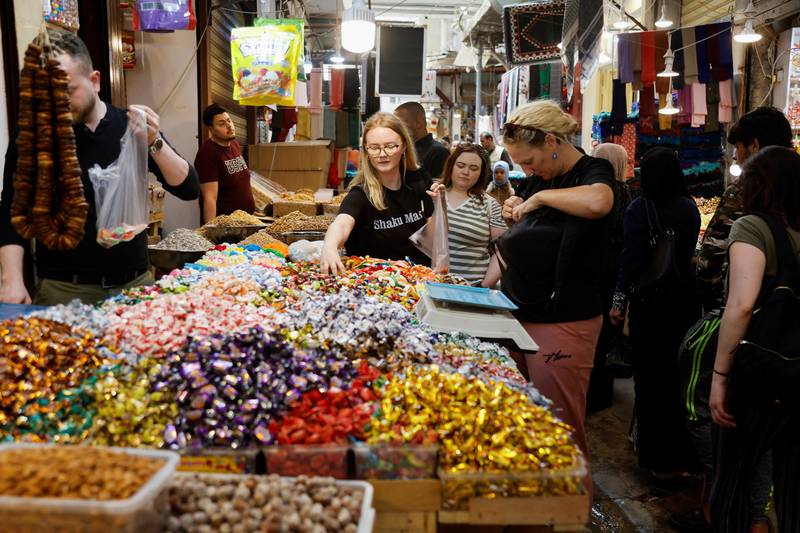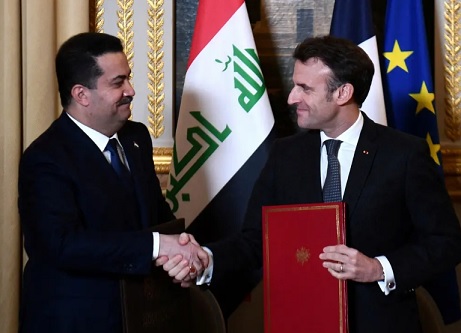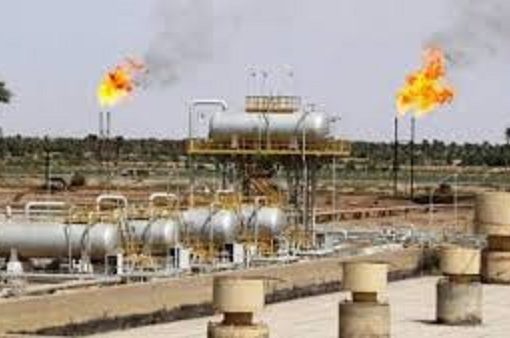Country’s economy is gradually recovering from the twin shocks of Covid-19 and the collapse in oil prices in 2020
Iraq, Opec’s second-largest oil producer, is seeking “technical assistance and moral support” from the international community for its reform programme as it seeks to boost its economy amid higher crude prices.
“We do not urgently need financial support now but we need more technical assistance and moral support for our reform programme, which has been completed,” Finance Minister Abdul-Amir Allawi told the Iraqi News Agency on the sidelines of the spring meetings of the World Bank and the International Monetary Fund in Washington on Thursday.
A white paper on economic reforms submitted to the Parliament by Iraqi Prime Minister Mustafa Al Kadhimi’s government in 2020 recommended the phasing out of subsidies in sectors considered critical to Iraq’s economy, notably the power industry.
It also proposed slashing the bill for government salaries to 12.5 per cent of the gross domestic product within three years, from 25 per cent, as well as reforms to the pension system and a reduction in benefits and allowances.
Iraq is not planning to conclude any major economic agreements with the US but “we welcome the continuation of American support for the economic development of Iraq … the focus now is more on what we can call programmes and plans instead of money”, he said.
Iraq’s economy is gradually recovering from the twin shocks of the coronavirus pandemic and the collapse in oil prices in 2020.
Both oil and non-oil growth are on track to reach their pre-pandemic levels as oil production increases and the easing of Covid-19 restrictions restore domestic economic activity, according to the World Bank.
Iraq’s real GDP is estimated to have edged up 1.3 per cent in 2021, after a sharp contraction of 11.3 per cent in 2020, the lender said.
“The turnaround in oil markets has significantly improved Iraq’s economic outlook in the medium term. Overall growth in 2022 is now forecast at 8.9 per cent as Opec+ quotas end and Iraq’s production surpasses its pre-pandemic level of 4.6 million barrels per day,” the World Bank said.
Iraq relies heavily on oil revenue to rebuild its economy after decades of conflict. The country’s March exports of crude oil reached more than 3.24 million bpd, with revenue amounting to $11.7 billion, the highest since 1972, according to the Ministry of Oil.
Oil revenue is expected to account for 88 per cent of Iraq’s total revenue this year, Fitch Solutions said.
Higher oil prices this year are expected to expand Iraq’s fiscal surplus to 6.7 per cent of its GDP in 2022, from an estimated 2 per cent of GDP in 2021, it said.
Brent, the global benchmark for two thirds of the world’s oil, is currently up more than 30 per cent this year on supply concerns due to the Russia-Ukraine conflict and higher demand amid global economic recovery.
Brent was down 1.56 per cent to $106.64 per barrel at 4.06pm UAE time on Friday while West Texas Intermediate, the gauge that tracks US crude, was trading 1.51 per cent lower at $102.22 a barrel.
“What we need is a revolution in our financial management, in our understanding of the strategic issues and the economic issues facing the country,” Mr Allawi said.
“We have missed many opportunities that would have pulled the country out of its poor economic performance and Iraq probably missed the equivalent of 50 years of progress.”
Updated: April 22, 2022, 15:43
Source: The National News








Comment here